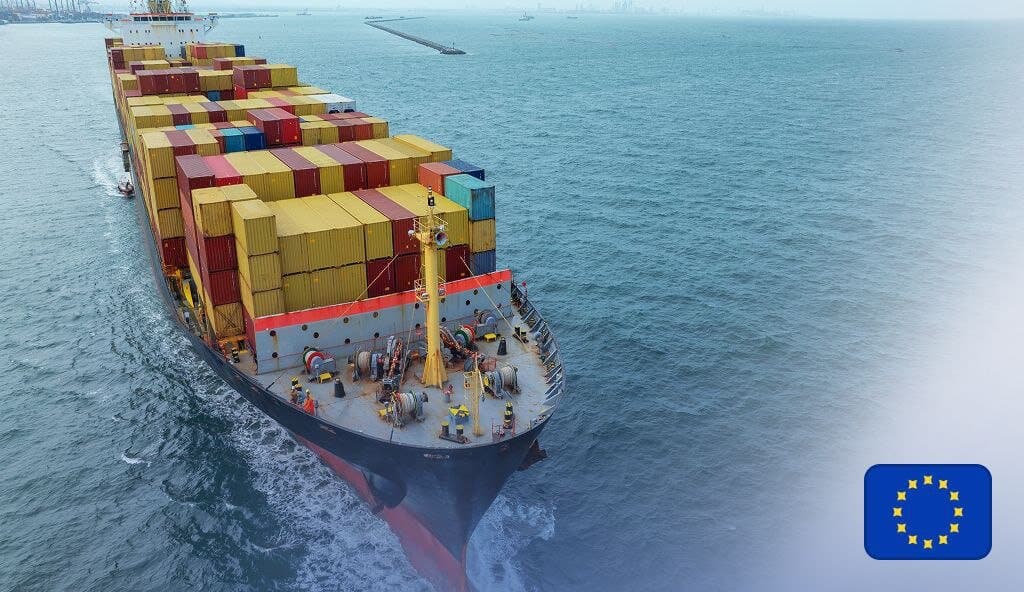- Nov 26, 2025
- 1 min read
New UAE Law Applies Regulatory Oversight to DeFi and Web3 Projects
The UAE is expanding the regulatory reach of the Central Bank of the UAE to include decentralized finance, Web3 protocols, middleware, and infrastructure providers.

Photo credit: AntonKhrupinArt / Shutterstock.com
The UAE’s Federal Decree Law No. 6 of 2025 is expanding the regulatory reach of the Central Bank of the UAE (CBUAE) to include decentralized finance (DeFi), Web3 protocols, middleware, and infrastructure providers.
According to a Cointelegraph report, the law represents a significant shift in the regulatory approach to virtual assets in the region.
Under the new law, any project offering or enabling payments, exchanges, lending, custody, or investment now falls within regulatory perimeters. The reach is expansive and includes DeFi and Web3 platforms.
Under the new rules, decentralization does not exempt platforms from their compliance obligations. The reported transition deadline for securing a license is September 2026.
The law outlines new CBUAE licensing requirements via Articles 61 and 62. Entities conducting licensed financial activities “regardless of the medium, technology, or form employed” must obtain official authorization.
Failure to comply carries steep penalties, with fines of up to 1 billion dirhams (approximately $272 million) and possible prison sentences.
While the legislation does not ban self-custody wallets or private crypto holdings, companies providing payment or wallet services should carefully review their new licensing obligations.
Protocols including stablecoins, decentralized exchanges (DEXs), bridges, real-world assets (RWA), and liquidity routing are likely to need formal licenses.
Relevant articles
What is Sumsub anyway?
Not everyone loves compliance—but we do. Sumsub helps businesses verify users, prevent fraud, and meet regulatory requirements anywhere in the world, without compromises. From neobanks to mobility apps, we make sure honest users get in, and bad actors stay out.




